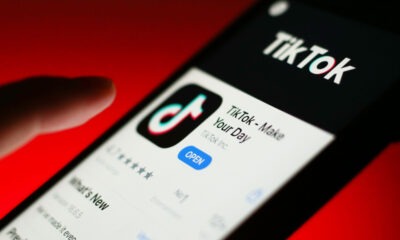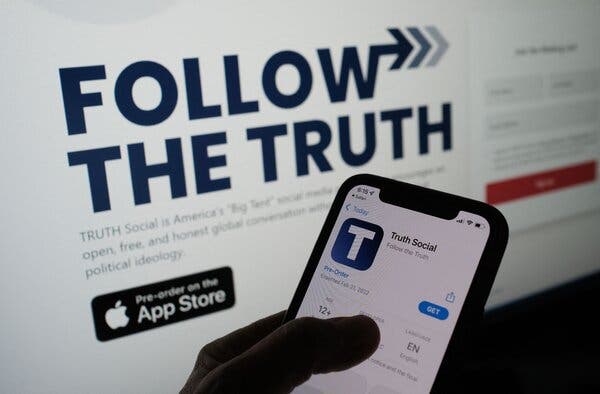Social Media
TikTok Sets Sights on $20 Billion E-Commerce Empire, Aims to Quadruple Global Sales
ByteDance Ltd.’s social media company, TikTok, is embarking on an audacious mission to establish itself as a dominant player in the e-commerce industry with the lofty goal of quadrupling its global sales.

Social Media
Meta’s Revenue Woes Shake Tech Industry Confidence
Social Media
TikTok Vows Legal Battle Amid Threat of US Ban
Social Media
Trump Media & Tech Group Plummets, Wiping Out $2.8 Billion in Value
-

 Forex3 weeks ago
Forex3 weeks agoZiG to the Rescue: Zimbabwe Shifts Gear with New Currency Backed by Gold
-

 Naira3 weeks ago
Naira3 weeks agoDollar to Naira Black Market Today, April 9th, 2024
-

 Billionaire Watch3 weeks ago
Billionaire Watch3 weeks agoNigerian Billionaire Tony Elumelu Contemplates Acquiring NPFL Club
-




 Naira3 weeks ago
Naira3 weeks agoDollar to Naira Black Market Today, April 8th, 2024
-







 Naira2 weeks ago
Naira2 weeks agoNaira Hits Eight-Month High at 1,120/$ Amidst Central Bank Reforms
-





 Naira2 weeks ago
Naira2 weeks agoDollar to Naira Black Market Today, April 17th, 2024
-





 Naira4 weeks ago
Naira4 weeks agoDollar to Naira Black Market Today, April 1st, 2024
-







 Naira1 week ago
Naira1 week agoDollar to Naira Black Market Today, April 18th, 2024





















